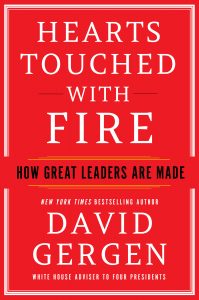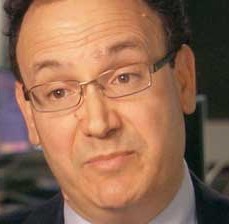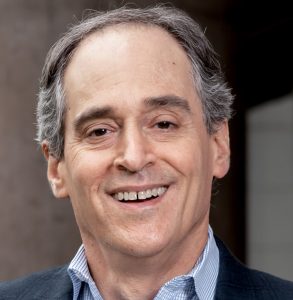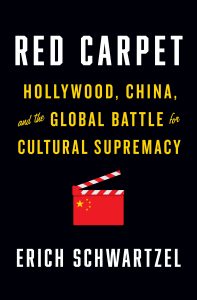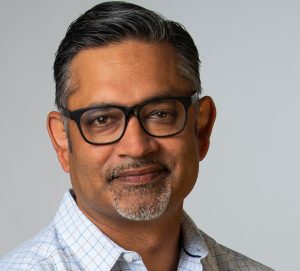EP 555 In Data We Must Trust
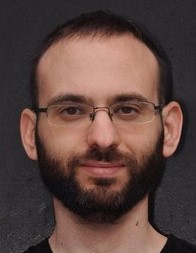
Most decisions we make are by listening to our gut or by talking to a few trusted friends. There is now, however, a better approach to decision-making, according to our guest, Seth Stephens-Davidowitz, author of ‘Don’t Trust Your Gut’ and a former Google data scientist. Using data to get what we really want in life is a much better way to be happy, find the right mate and make great decisions early on that will help our children achieve great results throughout their lives. In an engaging way in his book and on the podcast, he lays out an empirical case to prove that the new religion, ‘dataism’, is a much better indicator of will bring us better approaches than methods available to us before. Data points, the breadcrumbs left on the computer road of Google searches and Facebook likes, are rich in predictive capacity to explain how your actions will achieve the results you’re hoping for. Much of this, he describes, as ‘the moneyball of life’. Just as sabermetrics has changed the stodgy game of baseball, so will a new confidence in this data offer a new the way to attain greater fulfillment and success. It’s really worth a listen.
Podcast: Play in new window | Download
